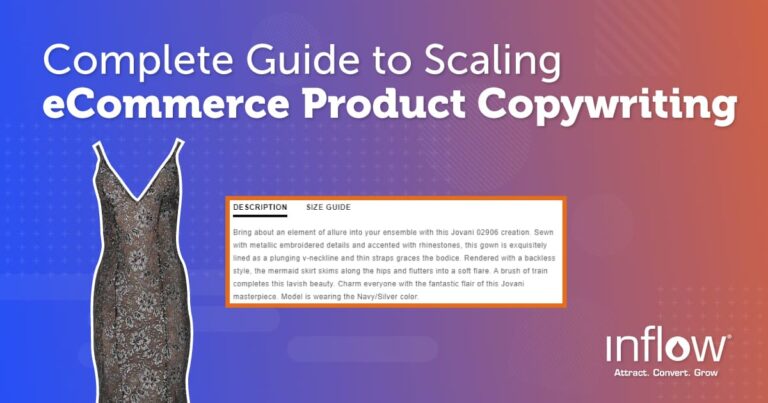In a post-COVID world, digital marketing is a critical tool that helps people make important health and wellness choices. These decisions require a deep level of trust between consumers and medical providers. However, that trust can only come when accurate, transparent information is provided.

Health marketers must supply consumers with targeted, informative materials from authoritative sources to comply with SEO standards. More importantly, they must prevent consumers from misleading and inaccurate information that can lead to poor health choices.
Here’s a closer look at the value of health literacy and how you can practice transparent, informative marketing practices in all areas of health and medical content.
Health Literacy and Medical Marketing
Health literacy, the ability of consumers to digest and understand medical information, is on the rise today. It includes numerous topics that impact health, such as understanding prescriptions, treatment protocols, and after-visit instruction. This information is only as good as its accuracy.
Organisations can ensure this data is solid by improving their health literacy:
- Provide visually clear data that is easy to digest, including printed materials that should be available at medical offices, clinics, and other partner locations.
- Create clearly organised websites and other online portals, along with links to reliable data sources, such as the CDC, allowing users to quickly access the data they need.
- Provide other accessible digital formats that can be quickly updated and corrected like social media.
Putting this data online is necessary but also brings another concern: data security.
The Importance of Data Privacy
As medical data is increasingly digitised, consumers worry more about the safety of their data. While they welcome more targeted marketing, they can be leery of sharing marketing their information without understanding what happens to the private data they share.
Data-driven personalisation is desirable to consumers. Unfortunately, it’s easy to violate their trust in this area, especially when it seems invasive. Develop strategic tactics to avoid losing consumer trust:
- The customer always comes first. When gathering data, give them control over what information they provide and for what purposes.
- Use simple, clear language to communicate how and when their data is used or shared.
- Use anonymous data collection when possible.
- Treat customer data as securely as your firm’s most sensitive data.
- Be sure to follow all regulations regarding data and communications (i.e., GDPR).
Once you have a system that builds trust in place, your next steps are to ensure you are compliant with online standards for search engine optimisation.
Complying with Google
Google has updated its search engine optimisation standards for certain pages, one of which is called YMYL, or “Your Money or Your Life” content. These pages include information that can impact “happiness, health, financial stability, or safety.” Google is concerned that people will see false, misleading, or inaccurate data online causing them to make decisions that harm their well-being. Another of their standards is that all web content should be beneficial.
Google created YMYL guidelines to address these issues and closely monitor topics such as news, civics, finance, etc., for quality. Medical advice is one such topic. To ensure that these quality standards are met, pages must display Expertise, Authoritativeness, and Trustworthiness — E-A-T for short.
E-A-T covers the creator, content, and website, expecting that those who produce this content have the proper background and authority to provide accurate information. When creating information for health literacy, the credentials of writers and sources must be of the highest level to rank well on Google.
More on SEO and Transparency
Additionally, marketers must consider other updates before optimising their websites to inform and serve their clientele. For example, Chrome has removed its support for third-party cookies. This can potentially make it more challenging to attract new customers. Therefore, marketers must be prepared to reassess their Google Ads strategy and may even need to increase their budgets.
This makes the trust of existing prospects and customers critical. Improve that relationship with these content strategies:
- Where applicable, marketing tools should be clear about costs, fees, and pricing. Consumers often consider this a top tool for making a decision.
- Information should be bite-sized and digestible, with additional sources referenced or linked.
- Review marketing content regularly to ensure that changes within the industry, such as medical procedures, pricing, or insurance regulations, are accurate.
This is an excellent opportunity to employ advanced SEO marketing techniques to address these changes, including YMYL and E-A-T guidelines. For example, revise your existing internal and external link strategies with the goal of improved site authority in mind.
Health and medical information providers cannot afford to risk losing customer trust with unreliable or misleading data. Marketers must provide clear, transparent, and accurate information from expert and authoritative sources required for search engine optimisation. But most importantly, it helps clients and prospects make safe and sound choices for their health.





